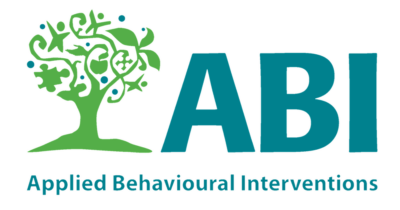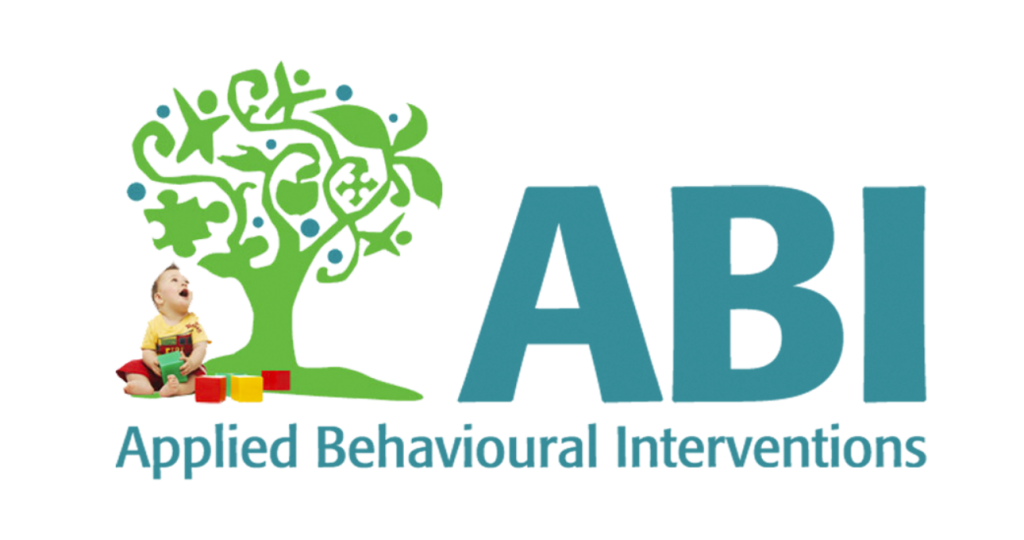Therapy: ABA, Core Services OAP
Age: All Ages
Fees: Differ per service and time of day that is booked. Please contact us for ABI’s Rate Card
Eligibility: Determined by screen.
Languages offered: English
Referral: No
Location: In-person and/or virtual
About Safety Skills
Using a research and evidence-based curriculum, from the Canadian Centre for Child Protection, our Specialists teach children and youth personal safety strategies in a fun and engaging way. In developing the root safety strategies, strategies are used to increase children’s rate of retention and to facilitate recall. Rhythm, rhyme, repetition, and multi-modal methods (i.e. visual, auditory, and kinesthetic) are incorporated throughout the program while using the science of ABA to teach. Children will build resiliency skills that that can reduce their likelihood of victimization in the online and offline world.
Parents can expect their child to learn about:
- Reducing child/youth victimization by teaching children effective personal safety strategies.
- Building resiliency skills (i.e. assertiveness, self-awareness, social-emotional competence, problem-solving, critical thinking, and low-risk choice-makingchoice making skills).
- Encouraging children/youth to report concerning experiences and behaviours.
- Provide messaging to those who have experienced abuse that they are not to blame.
- Enhance communication between parents and children about personal safety.
Contact Us Online
How Can Teaching Safety Skills Help?
Awareness of Danger: Teaching safety to autistic individuals raises awareness about potential hazards in their environment, such as traffic, strangers, or dangerous objects, reducing the risk of accidents or injuries.
Understanding Social Cues: Safety education helps autistic individuals learn to recognize and respond to social cues related to safety, such as signals of danger or distress from others, enhancing their ability to seek help when needed.
Emergency Preparedness: Safety training equips autistic individuals with skills and knowledge to respond effectively in emergencies, including how to dial emergency services, evacuate in case of fire, or administer basic first aid.
Personal Boundaries: Safety education teaches autistic individuals about personal boundaries, helping them understand what behaviour is appropriate and inappropriate from others, and empowering them to assert their own boundaries.
Online Safety: Teaching about online safety helps autistic individuals navigate the digital world responsibly, including understanding privacy settings, avoiding cyberbullying, and recognizing online scams or predators.
Stranger Danger: Safety education educates autistic individuals about the concept of “stranger danger” and how to differentiate between safe and unsafe strangers, enhancing their ability to stay safe in social situations.
Safety in the Community: Training addresses safety skills specific to community settings, such as crossing the street safely, using public transportation, or navigating crowded places, promoting independence and autonomy.
Risk Assessment: Safety education encourages autistic individuals to assess risks and make informed decisions to protect themselves, such as avoiding dangerous activities or risky behaviours.
Self-Advocacy: Learning about safety empowers autistic individuals to advocate for their own safety needs, including communicating concerns to caregivers, seeking assistance when necessary, and asserting their rights in challenging situations.
Reinforcement of Skills: Regular practice and reinforcement of safety skills through role-playing, visual aids, and real-life scenarios help solidify learning and improve retention, increasing the effectiveness of safety education for autistic individuals.
OUR PROCESS
Meeting you where you are, Applied Behavioural Interventions & ABI Home Health & Wellness, is committed to providing those we serve with the necessary tools so that they may live their life to its greatest potential. Working with the entire family, we value connection, engagement and family-centred care, in your home and in your community.
Call, email or click on our chat box to book a time to chat to a Parent Service Co-Ordinator.
Once you have decided that ABI is the right fit for your family, we will book an in-home assessment where we will individualize a treatment plan.
Our Director, a Registered Nurse and BCBA, will meet with you personally to discuss recommendations based on the assessment and a proposal for service is submitted to you for approval. This is a fluid conversation where you decide what will work best for your child, and for your family.
Having the right Team by your side is important. Your trust in us is a privilege. Together, we will select your Team, a start date and provide you with as much support as you need, every step of the way.




